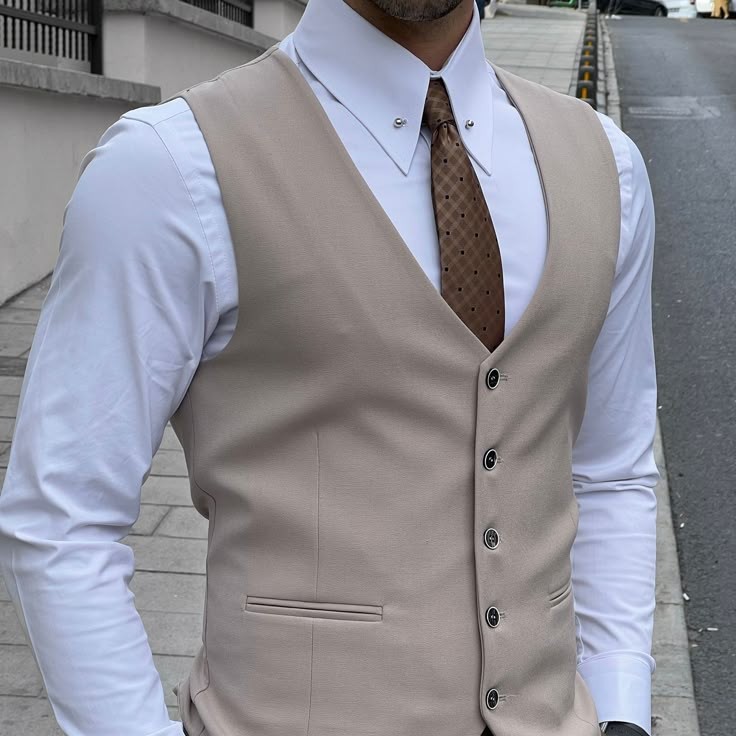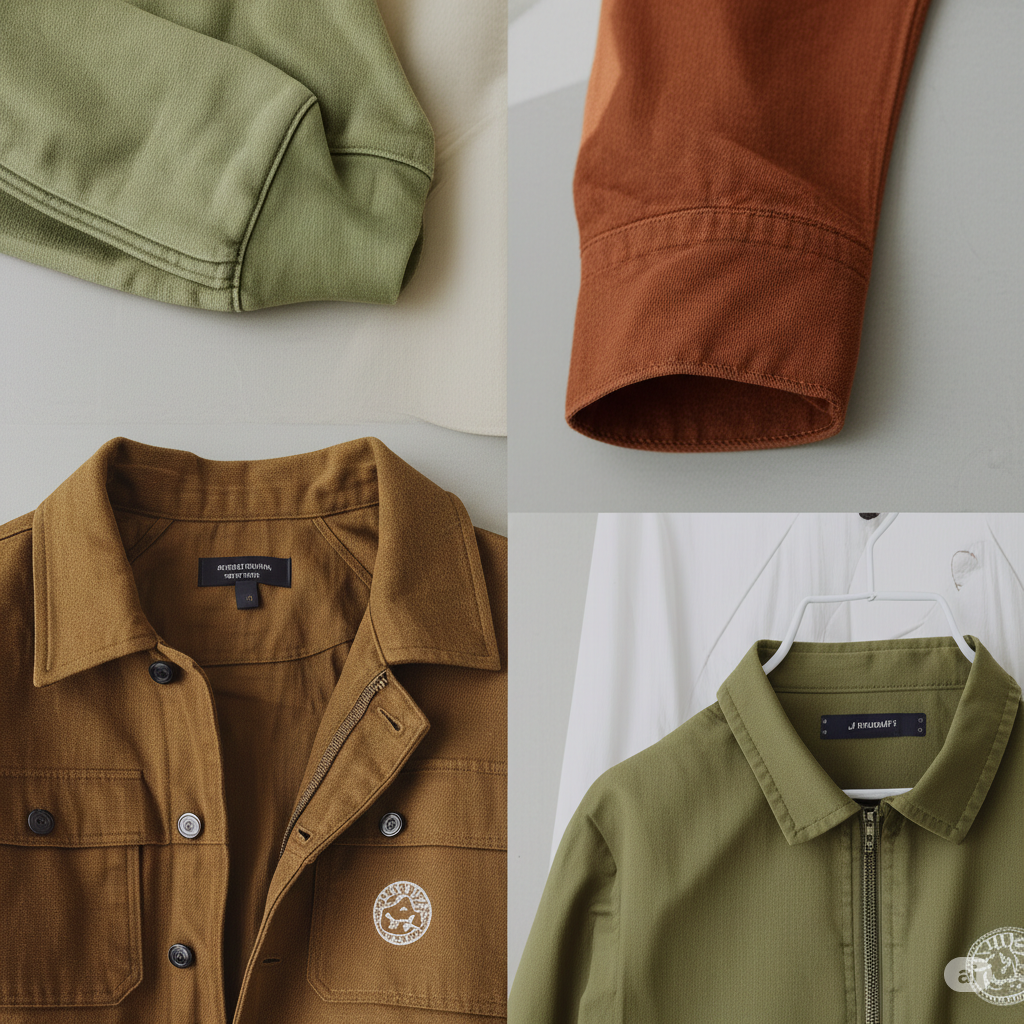No products in the cart.: $0.00
The Psychology of Fashion: How Clothing Shapes Our Minds and Interactions

Fashion, often perceived as a superficial pursuit focused on aesthetics and trends, delves far deeper into the intricacies of human psychology. The clothes we choose to wear are not merely coverings; they are powerful tools that influence our thoughts, feelings, and interactions with the world around us. Understanding the psychology of fashion reveals the profound impact our attire has on our self-perception, confidence, and how others perceive and treat us.
One of the most significant psychological effects of clothing is its influence on our self-perception and identity. The clothes we wear can act as a form of self-expression, communicating aspects of our personality, values, and aspirations. Choosing an outfit that aligns with our internal sense of self can boost our confidence and create a feeling of authenticity. Conversely, wearing clothes that feel inauthentic or uncomfortable can lead to feelings of self-consciousness and unease.
The concept of “enclothed cognition” further explores this connection between clothing and psychological processes. Studies have shown that the symbolic meaning of clothes can influence our cognitive performance. For example, wearing a doctor’s coat might enhance focus and attention to detail, while athletic wear could prime us for physical activity. This suggests that the associations we have with certain garments can subtly impact our behavior and mindset.
Fashion also plays a crucial role in social signaling and communication. Our clothing choices convey information about our social status, cultural affiliations, and even our mood. Certain styles or brands can signal membership in particular social groups or convey a sense of professionalism or authority. This nonverbal communication can influence how others perceive us, the assumptions they make about us, and how they interact with us.
The impact of fashion on confidence and self-esteem is well-documented. When we feel good about our appearance, it can translate into increased self-assurance and a more positive self-image. A well-chosen outfit can empower us to feel more capable and assertive in various situations, from job interviews to social gatherings. Conversely, feeling poorly dressed can lead to feelings of insecurity and a reluctance to engage fully.
The psychology of color also plays a significant role in fashion’s impact on our emotions and perceptions. Different colors are often associated with specific feelings and meanings. For example, red might evoke passion and energy, while blue can convey calmness and trustworthiness. Our choice of colors in clothing can influence our own mood and how we are perceived by others.
Furthermore, fashion can be a powerful tool for emotional regulation. During times of stress or emotional distress, the act of choosing and wearing comfortable or familiar clothing can provide a sense of comfort and security. Similarly, dressing up can be a way to boost our mood and project a more positive outlook.
The influence of fashion on social interactions is complex and multifaceted. Our clothing can affect how approachable we appear, the level of respect we receive, and even our chances of success in certain social or professional settings. While judging a book by its cover is often discouraged, the reality is that first impressions are often heavily influenced by appearance. Understanding the social cues conveyed by our clothing can help us navigate social situations more effectively.
However, it’s crucial to acknowledge the potential downsides of fashion’s psychological influence. The pressure to conform to certain trends or adhere to societal beauty standards can lead to anxiety, body image issues, and a focus on external validation rather than inner self-acceptance. The constant cycle of new trends can also contribute to feelings of inadequacy and the desire for continuous consumption.
In conclusion, the psychology of fashion reveals the profound and often subconscious ways in which our clothing shapes our inner world and our interactions with others. From influencing our self-perception and cognitive processes to communicating social signals and impacting our confidence, the clothes we wear are far more than just fabric. By understanding these psychological dynamics, we can become more mindful of our clothing choices and harness the power of fashion to enhance our well-being and navigate the social landscape with greater awareness and intention.



